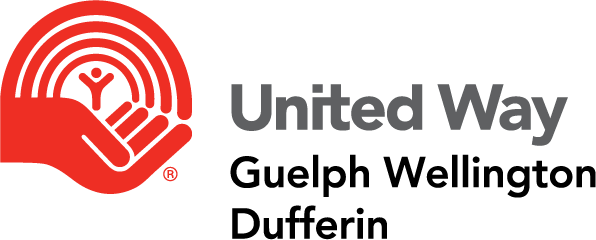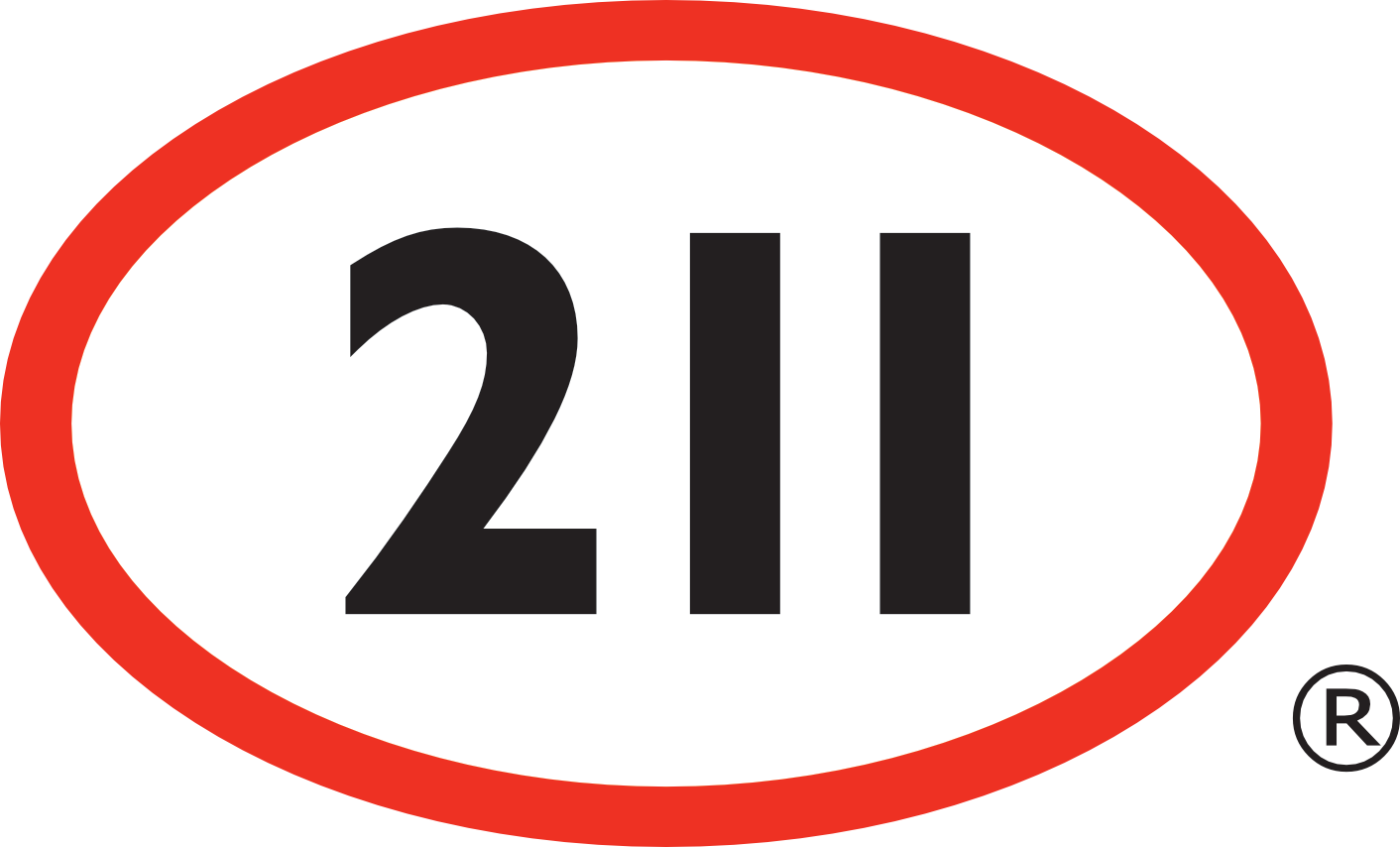During the last two years, people across the country have grappled with significant affordability challenges and the increasing frequency of climate events such as floods, fires, and storms. During this time, 211 has been a crucial resource for many people. Many local governments have also responded by referring residents to 211 to find the help they need.
211 is Canada’s primary source of information for government and community-based, non-clinical health and social services. The free and confidential service can be accessed in more than 150 languages, by phone, chat, text, and web. 211 helps connect people to the right information and services, making their pathway to care and resources a guided and trusted one.
211 was not only one of the most important resources during recent climate emergencies, but also for everyday needs for people across the country. Between January and June 2023, needs expressed during 211 contacts related to housing/shelter saw a 25% increase from the same period (January-June) in 2021. Similarly, needs expressed around mental health/substance use disorder in 211 contacts between January and June 2023 were 26% higher than for the same period (January to June) in 2021. Data collected from United Way Centraide Canada and 211 show that in the past year, 211 service partners responded to over 630,000 contacts by phone, text, chat, and email. This further confirms that 211 is a vital service for those navigating complex social services and plays an invaluable role within communities across Canada.
The United Way Centraide network celebrates 211 Day, which is observed annually on February 11 (2/11), by lighting up several landmarks and monuments in red from coast to coast in a “United Glow” of hope for our communities—a reminder that although we may experience hardships, anyone can turn to 211 for help.


